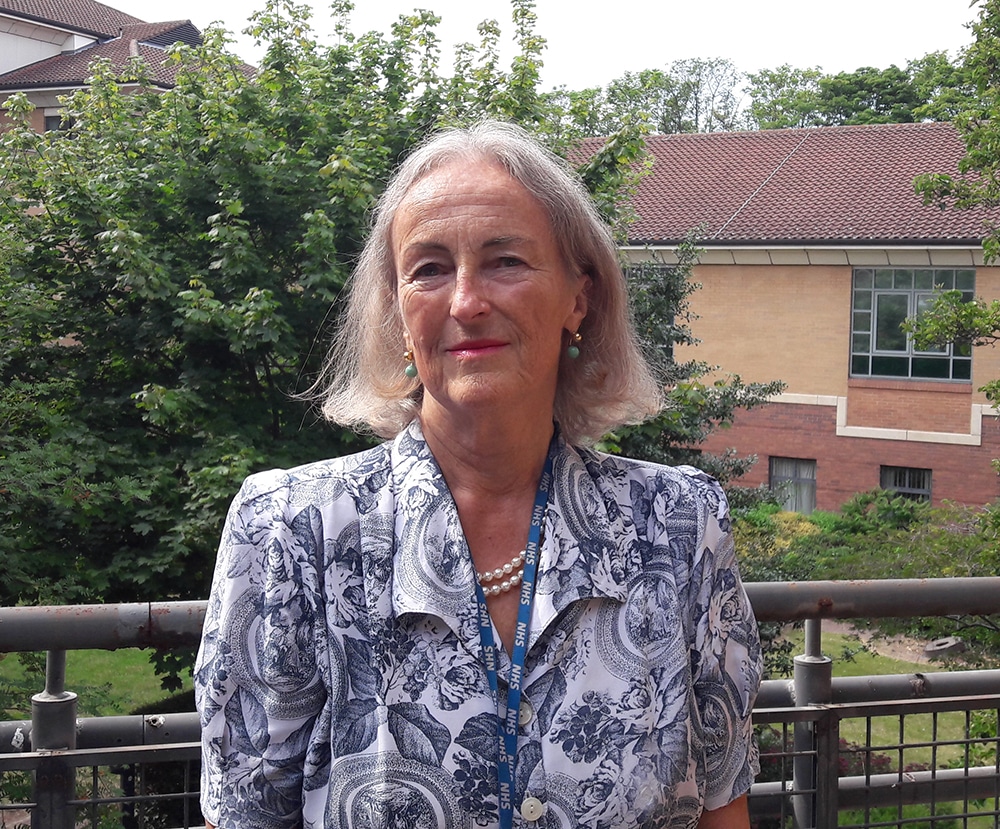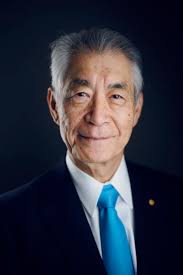Following their formal announcement at the 2019 Annual General Meeting, Council is delighted to congratulate the 2019 Honorary Members of The Society.
John Barton Furness

The award of Honorary membership was given to Professor Furness in recognition of his work as a leading expert on digestive and autonomic nervous system research, which has been instrumental in leading to the modern understanding of the functioning of the enteric nervous system, the intrinsic nervous system of the digestive tract. He is known for developing the chemical coding hypothesis that states that neurons that project to specific targets and have specific functions can be uniquely identified by their chemistries. This has led to an unravelling of nerve circuits in both the periphery and in the central nervous system. He was also responsible for the identification of intrinsic sensory neurons of the digestive tract.
Professor Furness undertook his early studies and PhD at the University of Melbourne and postdoctoral studies at the Physiology Department, University of Birmingham, and the Institute of Animal Physiology in Cambridge. He is currently Professor in the Florey Institute of Neuroscience and Mental Health and in the Department of Anatomy and Neuroscience at the University of Melbourne. Prior to this he spent fifteen years at Flinders University in Adelaide. In addition to his academic roles, he has extensive interactions with the pharmaceutical and devices industries, including the conduct of clinical trials.
In addition to The Physiological Society’s recognition Professor Furness is also recipient of a number of prestigious awards such as the Australian Neuroscience Society Distinguished Achievement Award, the Australian Government Award for Service to Australia, the Centenary Medal, the Gold Medal, L’accademia delle Scienze Dell’Istituto di Bologna, for service to scientific development in Italy, and the Davenport Award of the American Physiological Society.
He is also a Fellow of the Australian Academy of Science, Fellow of the Australian Academy of Health and Medical Sciences, Honorary Life Member of the Australian Neuroscience Society, for distinguished neuroscientists who have rendered notable service to the society, and the Honorary Vice-President of the International Society for Autonomic Neuroscience. He holds Fellowships of the Academy of Science of Bologna (L’accademia delle Scienze dell’Istituto di Bologna) and the American Gastroenterological Association
Professor Furness has published 15 papers in The Journal of Physiology and has been a regular reviewer for the Journal. He has also published in the American Journal of Physiology and numerous other physiological journals.
Fiona Broughton Pipkin

The award of Honorary membership was given to Professor Broughton Pipkin in recognition of her ground-breaking studies into the pathophysiology of pregnancy with special reference to pre-eclampsia and the renin-angiotensin-system (RAS). Her most readily-identifiable contribution to improving the quality of life was probably the first demonstration of the deleterious effects of angiotensin converting-enzyme inhibitors on the fetus which led rapidly to their classification as being strongly contra-indicated in pregnancy.
Professor Broughton Pipkin read Natural Sciences at Somerville College, University of Oxford (1972 MA) and completed her DPhil in 1973 at the Nuffield Institute for Medical Research, University of Oxford. She has been, and continues to be a big supporter of The Physiological Society (Committee member 1998 – 2001; Chairman, Animal Legislation and Welfare sub-committee 1998- 2001) and has contributed throughout with numerous publications in The Society’s journals, first presenting her work at The Physiological Society meeting in June 1970.
Professor Broughton Pipkin has held several senior roles within the University of Nottingham including becoming the 1st female Vice Dean of the Faculty of Medicine (1991-1994). She has also been President of, and held numerous committee roles within, several other learned societies, including Presidencies of the International Society for the Study of Hypertension in Pregnancy (1998- 2000), the Royal College of Obstetrics & Gynaecology’s Blair Bell Research Society (1993- 1999), the European Society for Developmental Pharmacology (President, 1992 -1994) and the Neonatal Society (1994-1997).
She has sat on several Editorial Boards in addition to her own >200 peer reviewed publications in high-impact journals, including Nature and Nature Genetics, as well as many Physiology journals. She continues to publish, with 3 publications already in 2019 and several in preparation.
For over 30 years, Professor Broughton Pipkin lectured in maternal and fetal physiology and was a personal tutor and postgraduate advisor to medical, BMedSci, Masters and PhD students and has successfully supervised 33 PhD/DM students to completion, many of whom have gone onto senior academic positions, including President of the Royal College of Obstetrics and Gynaecology. Although she has now Emeritus status, she remains very much research active and continues to mentor and guide junior staff in all aspects of physiology and academic life.
In addition to The Physiological Society’s recognition, Professor Broughton Pipkin has also been awarded many other prestigious accolades such as Fellowship ad eundem of the Royal College of Obstetrics & Gynaecology and awards from the ISSHP as “pioneer of perinatal physiology and pathophysiology of pre-eclampsia” and the Chesley Award in recognition of her sustained and substantial contribution to research in pre-eclampsia and for encouraging the work of others.
Tasuku Honjo

The award of Honorary membership was given to Tasuku Honjo in recognition of his discovery of a cancer therapy by inhibition of negative immune regulation for which he was jointly awarded the 2018 Nobel Prize in Physiology or Medicine. Tasuku Honjo delivered his Nobel Lecture on 7 December 2018 at Aula Medica, Karolinska Institutet in Stockholm.
Tasuku Honjo studied medicine at Kyoto University and received his PhD there in 1975. During the 1970s he also worked in the United States at the Carnegie Institution of Washington in Washington, DC, and at the National Institutes of Health in Bethesda, Maryland, with which he also was later associated as a visiting research fellow. In Japan, he has worked at the University of Tokyo, Osaka University and is currently Distinguished Professor of Kyoto University Institute for Advanced Study and concurrently Professor of Department of Immunology and Genomic Medicine, Kyoto University, and also Chairman of the Board of Directors, Foundation for Biomedical Research and Innovation.
In addition to The Physiological Society’s recognition Tasuku has received many awards, including the Imperial Prize, the Japan Academy Prize, the Robert Koch Prize, the Order of Culture, the Tang Prize, the Kyoto Prize, the Keio Medical Science Prize and Japan Bioindustry Award. He was honoured by the Japanese Government as a person of cultural merits in 2000 and elected as a foreign associate of the National Academy of Sciences, as a member of Leopoldina, the German Academy of Natural Scientists and also as a member of Japan Academy.
